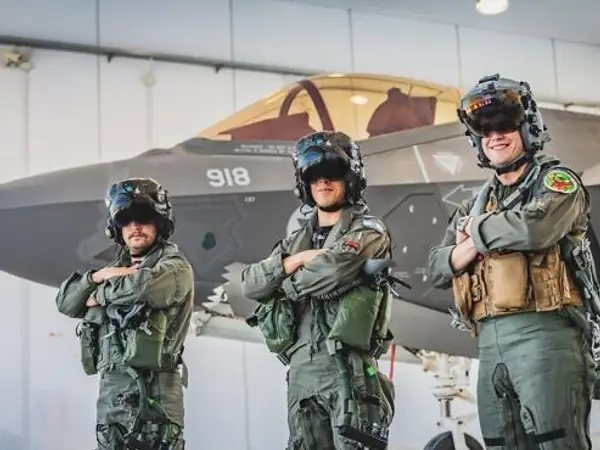Unnamed Israeli military officials have told local media that an air defense pact with friendly regional countries is in the works to confront Iranian threats.
The news comes in the wake of a two-day meeting on March 27-28 in Israel, dubbed the ‘Negev Summit’ that brought together foreign ministers from four Arab states, Israel and the United States.
The officials, speaking to Hebrew language media said that Israel may soon sign an “alliance” with regional partners to confront Iranian drones and missiles. According to these officials, already a system has been established to jointly track Iranian air activities in the region.
The United Arab Emirates and Bahrain, now having full diplomatic relations and cooperation with Israel fall within the immediate Iranian threat zone. Saudi Arabia, which has not normalized relations with Israel due to the Palestinian issue, is said to have secret ties with the Jewish state, as both countries share deep concerns over Iran.
Houthi rebels, assisted by Iranian military hardware, have been launching regular attacks against Saudi Arabia. Just last week, a fierce Houthi drone and missile attack hit oil installations in the country at a time of high oil prices and uncertainty about Russian energy supplies to world markets.
The UAE and Bahrain, geographically closer to Iran, can play an important role in strengthening a coordinated detection and air defense system.
As Iran proliferates military drones among its proxy forces in the region, threatening Israel and others, the officials quoted by the media confirmed that hundreds of air strikes have taken place against Iranian targets in the region. Since 2017, Iranian forces and bases in Syria have sustained regular air strikes, but Israel had rarely taken responsibility.
Meanwhile, US Secretary of State Antony Blinken, having attended the Negev Summit, continued his efforts to reassure Arab allies in the Persian Gulf of American commitment to their security.
Blinken met with Abu Dhabi Crown Prince Sheikh Mohammed bin Zayed al-Nahyan, de facto ruler of the United Arab Emirates, in Morocco. Unusually for a US secretary of state, Blinken's trip to the Middle East and North Africa did not include any stops in the Persian Gulf monarchies or talks with Saudi officials.
Washington's Arab allies chafe at what they see as declining US commitment to security in their region in the face of Iranian involvement in Yemen, Iraq, Syria and Lebanon which has nudged them into common cause with former arch-foe Israel.
"We have real challenges to confront together, in the region and beyond," Blinken said at the start of the meeting with Sheikh Mohammed at the crown prince's private residence in Rabat.
The first challenge Blinken cited was a series of missile attacks by the Houthis against the UAE and Saudi Arabia.
"We're determined to do everything we can to help you defend yourselves effectively against that," Blinken said, adding that he would also consult the Emirati leader on attempts to revive the 2015 Iran nuclear deal and strengthening collective security regarding Iran.
Sheikh Mohammed said the meeting was "a very important opportunity" and "I'm sure we have a lot to talk about, especially our bilateral relationship."
Saudi and Emirati relations with Washington are strained because of a number of Biden administration policies, including removing Yemen’s Houthis from the US list of terrorist organizations and trying to revive the 2015 nuclear deal with Iran that would release tens of billions of dollars to Tehran apparently without adequate guarantees of security for regional countries.
